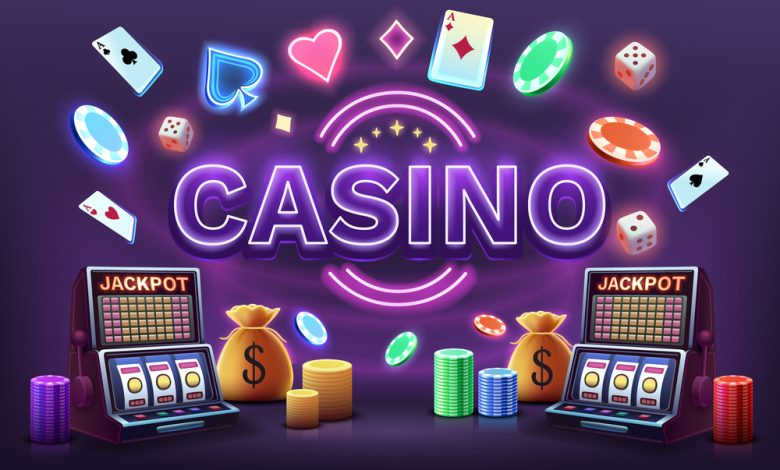Online gambling has dramatically transformed the landscape of entertainment and wagering over the past few decades. From its humble beginnings in the 1990s to the multi-billion-dollar industry it is today, online api zeus777 login gambling has revolutionized how people engage with games of chance and skill. This article explores the evolution of online gambling, its diverse offerings, regulatory challenges, technological advancements, and its social implications.
A Brief History
The roots of online gambling can be traced back to the early days of the internet. In 1994, Antigua and Barbuda passed the Free Trade and Processing Act, allowing licenses for online gambling. Shortly after, the first online casinos emerged, attracting users with the promise of convenience and anonymity. By the late 1990s, the popularity of online poker surged, aided by the launch of platforms like PokerStars and PartyPoker.
The early 2000s saw a significant boom, with an explosion of websites offering various gambling options. However, this rapid growth led to regulatory concerns, particularly in the United States. The Unlawful Internet Gambling Enforcement Act (UIGEA) was enacted in 2006, aiming to restrict online gambling transactions. This legislation created a challenging environment for operators and players alike, leading many sites to either exit the U.S. market or operate in a legal gray area.
Diverse Offerings
Today, online gambling encompasses a wide range of activities, including:
- Online Casinos: These platforms offer traditional casino games such as slots, blackjack, and roulette. The advent of live dealer games has further enhanced the experience, allowing players to interact with real dealers via video streaming.
- Sports Betting: With the legalization of sports betting in several U.S. states since 2018, online sports betting platforms have gained immense popularity. Users can now place bets on a variety of sports events from the comfort of their homes.
- Poker: Online poker rooms have maintained a strong following, providing players with opportunities to compete in tournaments and cash games against others worldwide.
- Esports Betting: The rise of competitive gaming has led to a new frontier in gambling. Betting on esports events is rapidly growing, attracting a younger demographic interested in gaming.
- Virtual Reality Gambling: Emerging technologies like virtual reality (VR) are set to revolutionize online gambling, offering immersive experiences that simulate the feel of a physical casino.
Regulatory Landscape
As online gambling continues to expand, regulatory frameworks have struggled to keep pace. Countries vary widely in their approaches, with some embracing regulation while others impose strict bans. The United Kingdom, for instance, has established a robust regulatory environment through the UK Gambling Commission, ensuring consumer protection and responsible gambling practices.
In contrast, many U.S. states are gradually implementing their own regulations, leading to a fragmented market. This patchwork of laws creates challenges for operators and consumers, complicating compliance and understanding of legal options.
Technological Advancements
Technological innovations have played a crucial role in shaping the online gambling experience. Mobile technology has been a game-changer, enabling users to gamble anytime, anywhere. Mobile apps have made it easier for players to access their favorite games on the go, leading to an increase in participation.
Additionally, advancements in security, such as encryption and blockchain technology, have improved trust and transparency within the industry. Cryptocurrencies like Bitcoin are gaining traction, offering players an alternative payment method that promises anonymity and faster transactions.
Social Implications
While online gambling offers entertainment and potential financial rewards, it also raises concerns about addiction and responsible gambling. The accessibility and anonymity of online platforms can lead to problematic gambling behaviors, prompting calls for greater consumer protection measures.
Many operators are now implementing responsible gambling initiatives, including self-exclusion options and tools to set betting limits. Additionally, awareness campaigns aim to educate users about the risks associated with online gambling.
